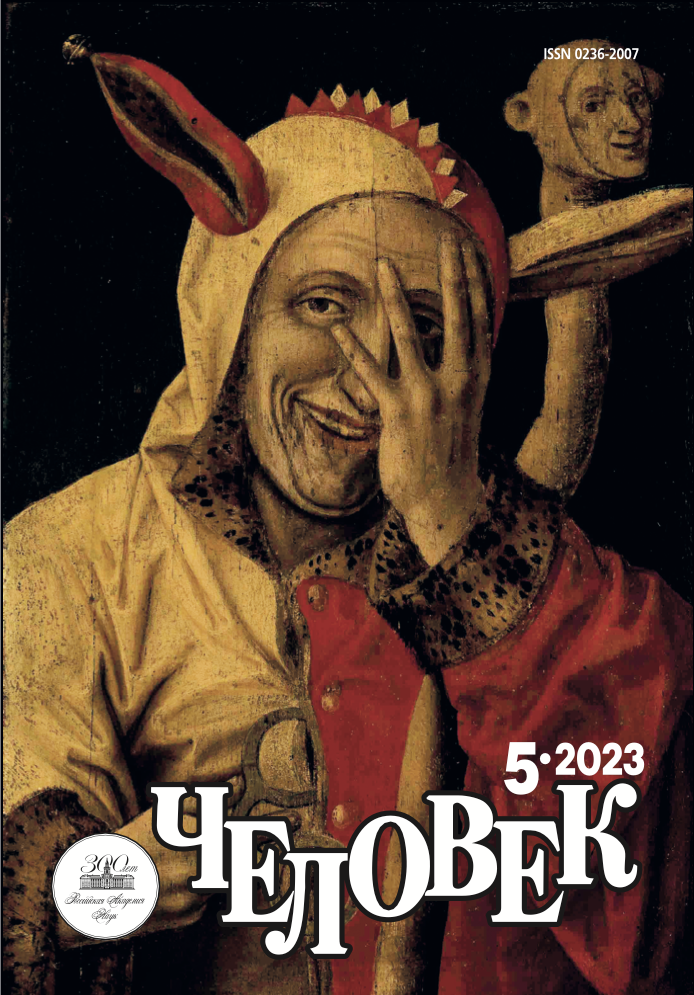The System-communicative Theory: Structure, Anomalies, Application
Keywords:
system-communicative approach, communication, social system, scientific subsystem, political communicationAbstract
The article provides a critical analysis of the main theoretical provisions of the system-communicative approach. As a starting point, the premise of communicative interaction is considered as a substrate of any public interactions, the foundation of social as such, which is conceptually justified in the works by N. Luhmann. It demonstrates both the methodological success of the use of system-communicative theory within a wide range of social fields of knowledge (sociology, epistemology, economics, political theory, psychology, art research, etc.), and a number of internal limitations (in legal theory, in the study of religious practices). Structure-forming developments of the conceptual apparatus of system-communicative theory are discussed, for example, the concepts of “media” and“form” proposed in the social psychology by F. Heider. The authors reconstruct the theoretical framework of the system analysis of communication on the basis of fundamental differences in act/experience, Ego/the Other and the comparison of the fields of their combinations and constellations. The empirical outcomes of the systemic view of communication are examined in detail, during which anomalies are identified — some gaps, or problem areas, or systemic inconsistencies in the course of communicative interaction within the framework of the proposed unified scheme of the ratio of combinations/constellations of distinctions. Special attention is paid to comparing and identifying the specifics of scientific and political communicative subsystems. Behind the first is approved a special type of system-communicative rationality, justifies the doubling of the binary true/false code in the application to scientific knowledge, proposes a variant for solving Gettier's paradox by system-communicative theory, and also notes the potential of system-communicative theory in ranking types of scientific knowledge, due to the evolutionary selection mechanism as part of the methodological basis of system-communicative theory. The political communication subsystem is provided by the authors for analysis in a system voltage with a scientific one, during which algorithms of rational re-entry and self-reproduction are revealed according to the means of binary oppositions and connections of actors (power, social movements, mass media, etc.).






